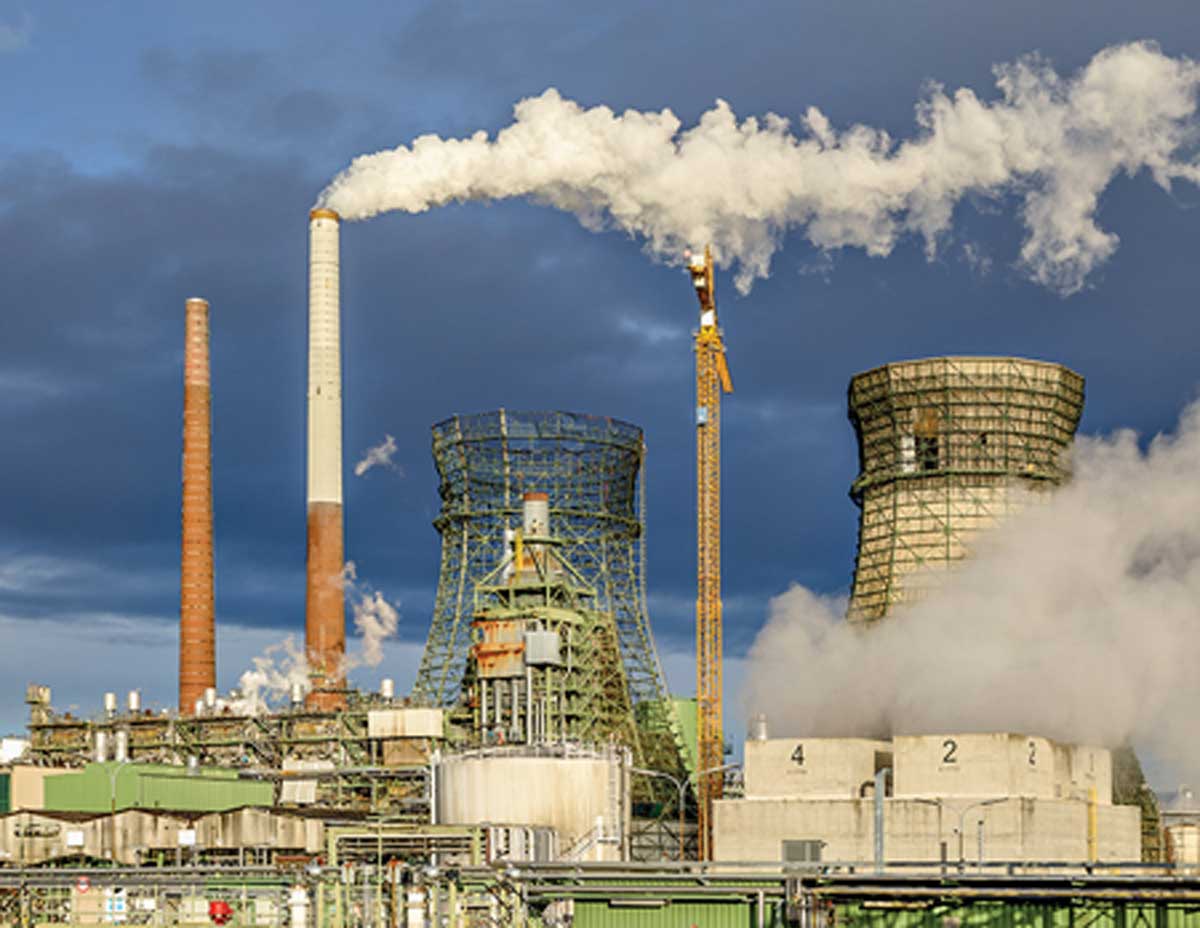
The Role of Petrochemicals in Sustainable Agriculture
Petrochemicals play a crucial role in modern agriculture, contributing to sustainable practices and ensuring increased yields to meet the ever-growing global food demand. While the use of petroleum-derived products in agriculture may raise concerns about sustainability and environmental impact, it is essential to understand the positive aspects these chemicals bring to the industry.
1. Crop Protection
Petrochemicals, such as pesticides and herbicides, play a vital role in protecting crops from pests, diseases, and weeds. They help reduce losses and increase yield productivity. With proper use and adherence to regulations, petrochemicals help minimize the need for excessive land use, preserving natural habitats and allowing for more sustainable farming practices.
2. Efficient Fertilizers
Fertilizers derived from petrochemicals offer essential nutrients that promote healthy plant growth. These specialized fertilizers can be precisely formulated, providing specific nutrients required by different crops at various stages of development. Precision application techniques reduce waste and prevent nutrient runoff, reducing environmental pollution.
3. Irrigation and Water Conservation
Petrochemical-produced drip irrigation systems efficiently deliver water and nutrients directly to the crop roots, thus minimizing water wastage. Additionally, petrochemicals contribute to the development of water-absorbing hydrogels that enhance soil moisture retention, reducing the need for excessive water usage in agriculture.
4. Energy for Agricultural Operations
Petrochemicals are predominant sources of energy in modern agricultural practices. From powering machinery and equipment to fueling transport vehicles, petrochemicals enable efficient and cost-effective operations across the agricultural value chain. This allows for increased productivity while reducing labor, time, and resource requirements.
5. Packaging and Food Preservation
Petrochemicals play a significant role in food packaging materials, ensuring food safety and extending shelf life. Plastics derived from petrochemicals provide lightweight, durable, and versatile packaging options that help reduce food waste. Vacuum sealing and modified atmosphere packaging techniques aid in preserving freshness, reducing spoilage, and improving food distribution efficiency.
Conclusion
Despite the ongoing quest for environmentally friendly alternatives, petrochemicals remain an integral part of sustainable agriculture. When used responsibly, they contribute to increased crop yield, land preservation, efficient resource utilization, and reduced food waste. As technology advances, it is crucial to continue exploring innovative solutions to minimize their environmental impact, while simultaneously ensuring the stability and sustainability of global food production.





